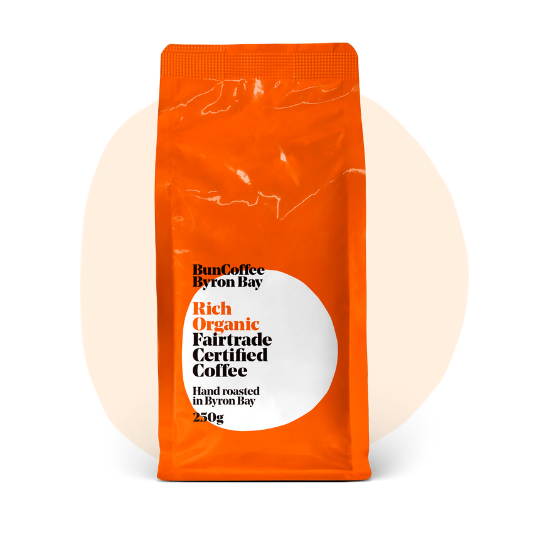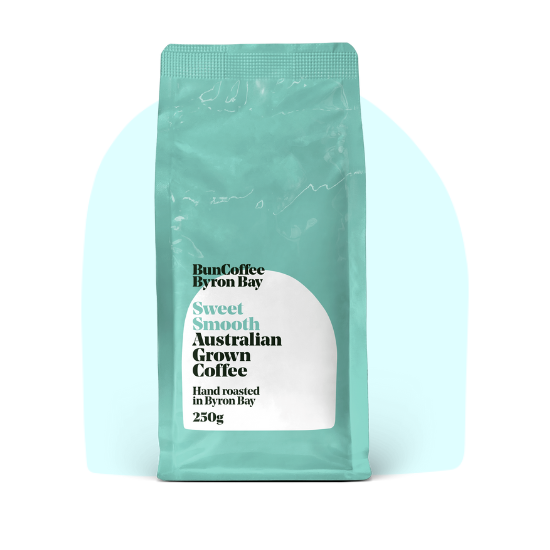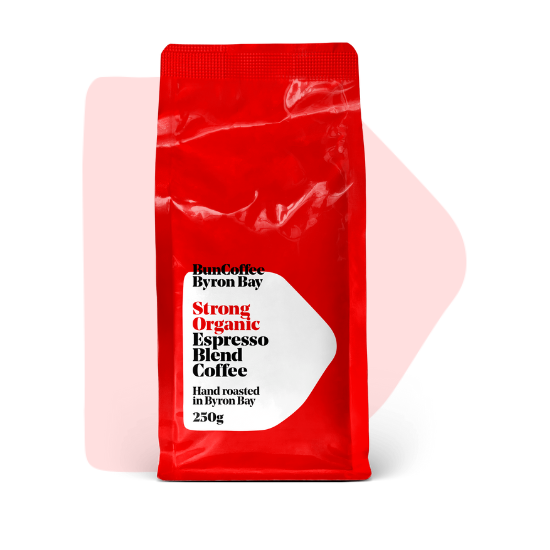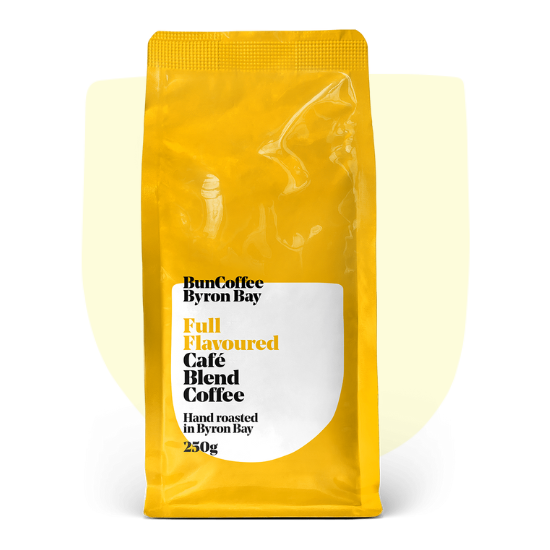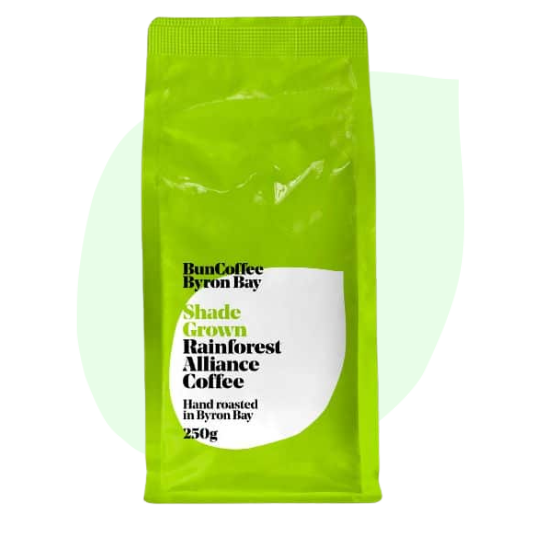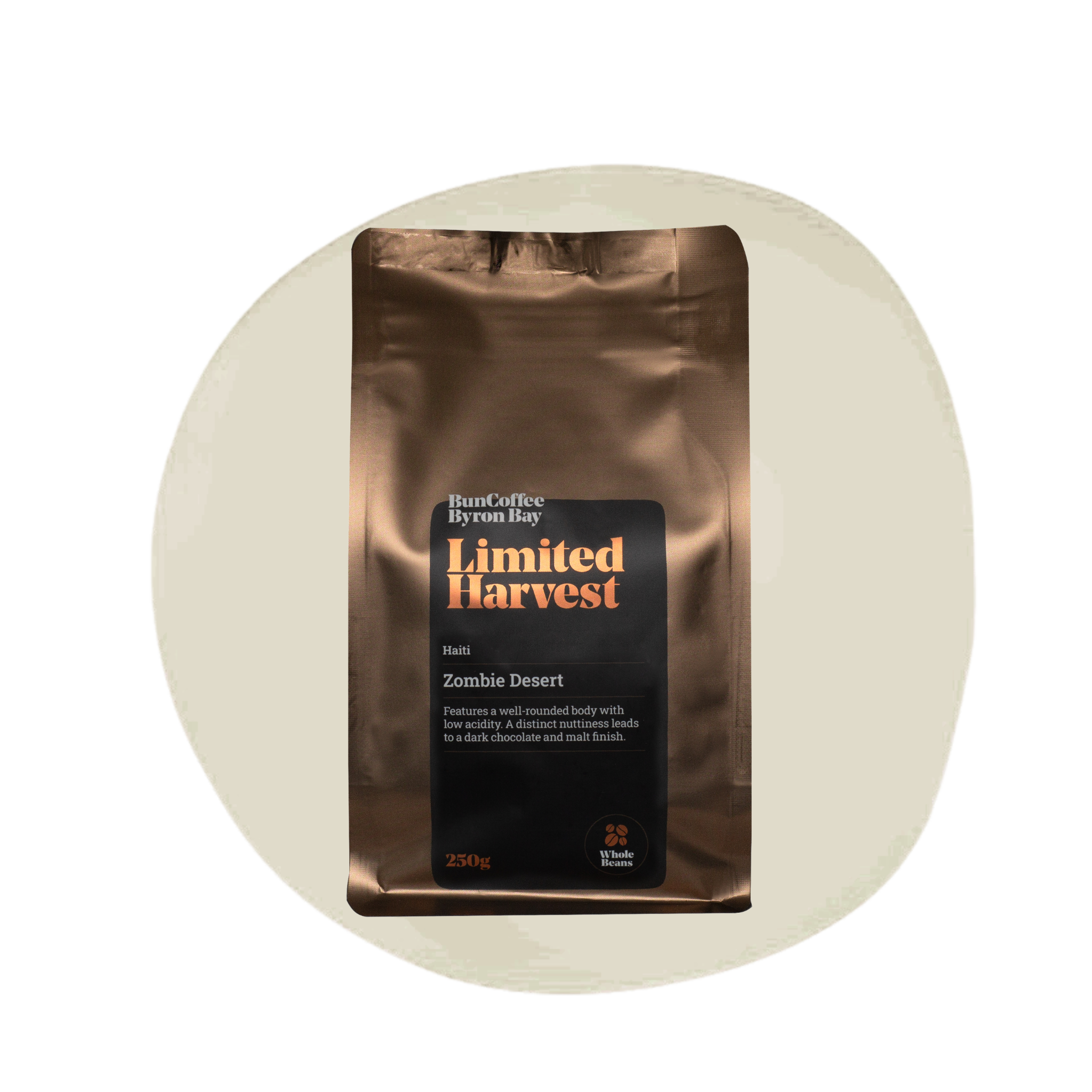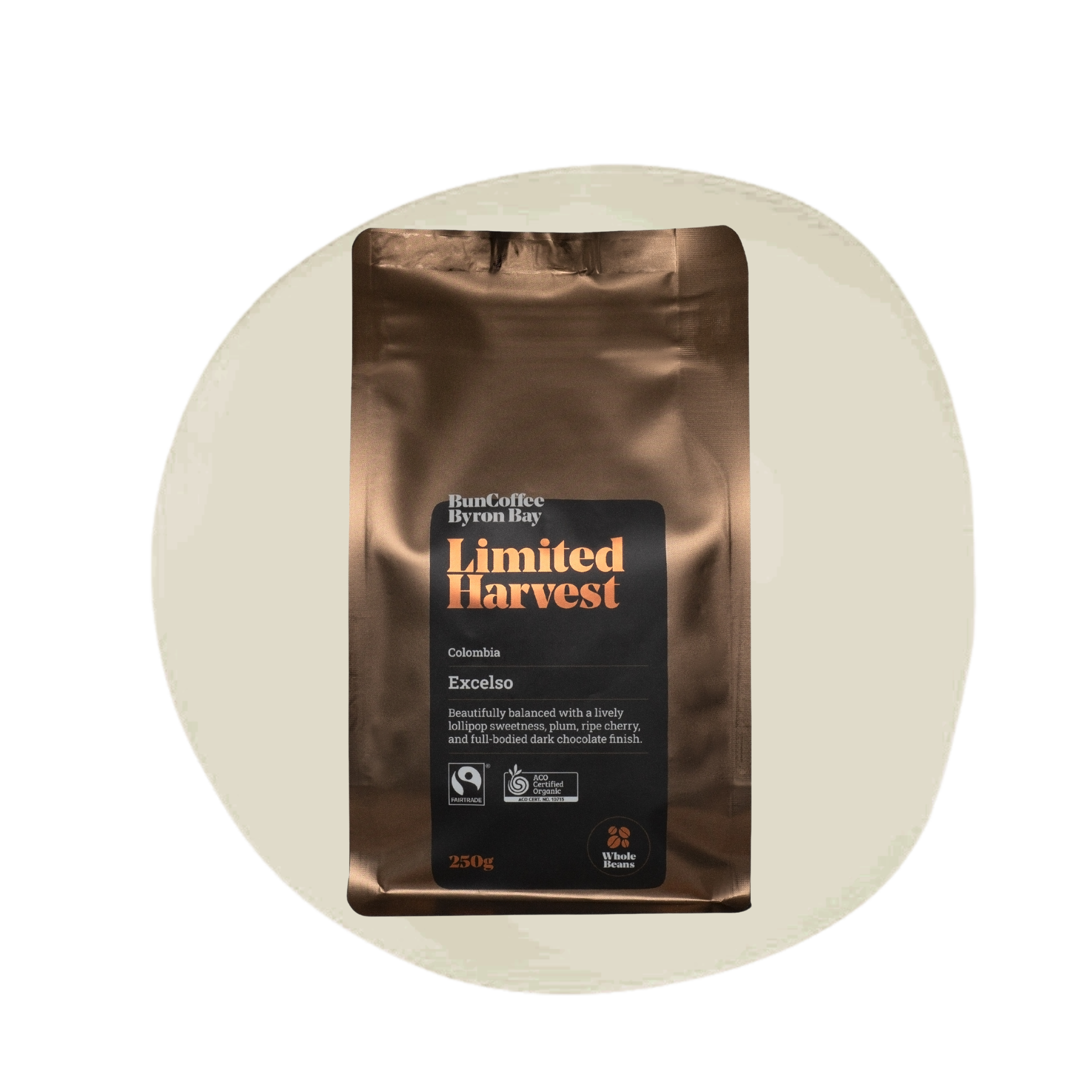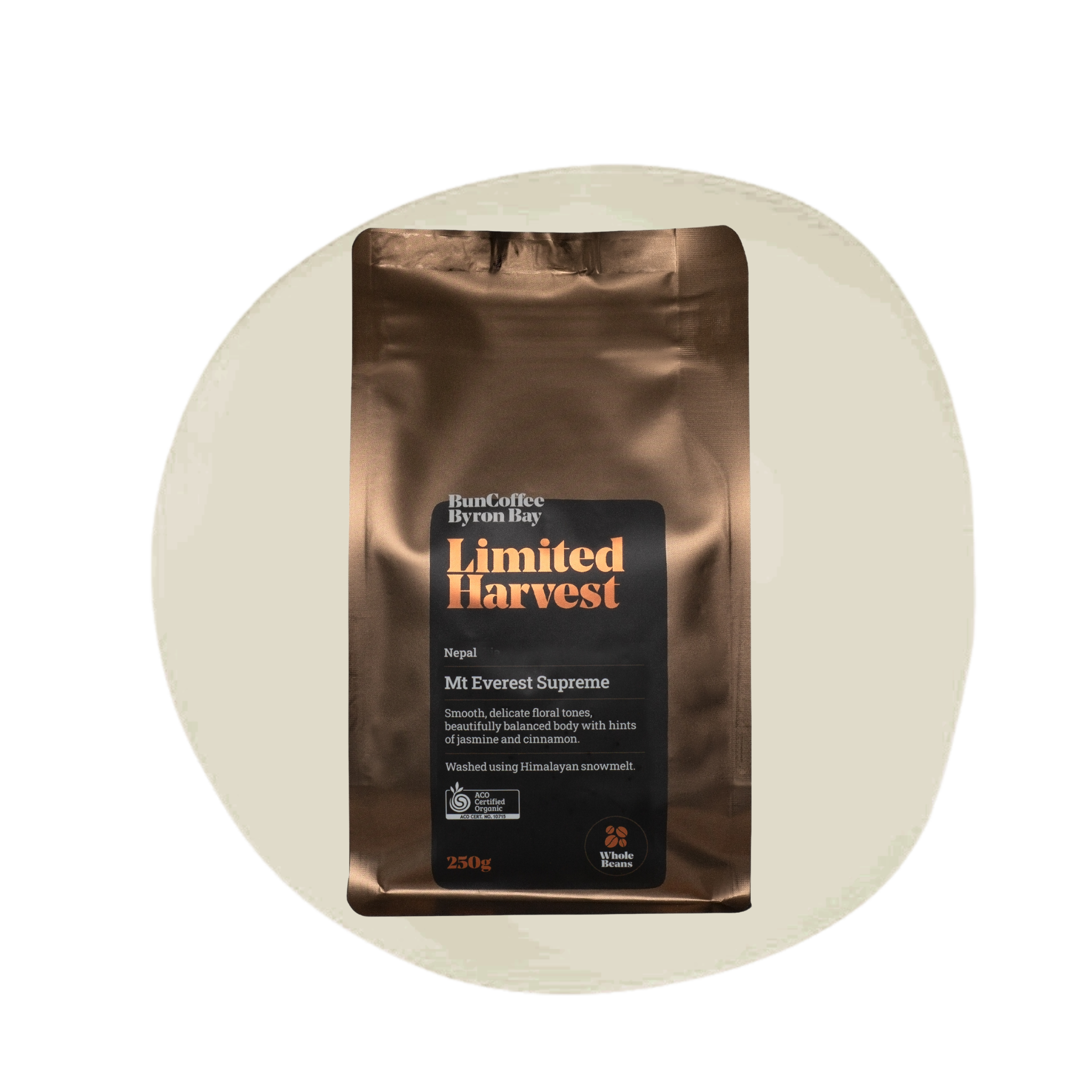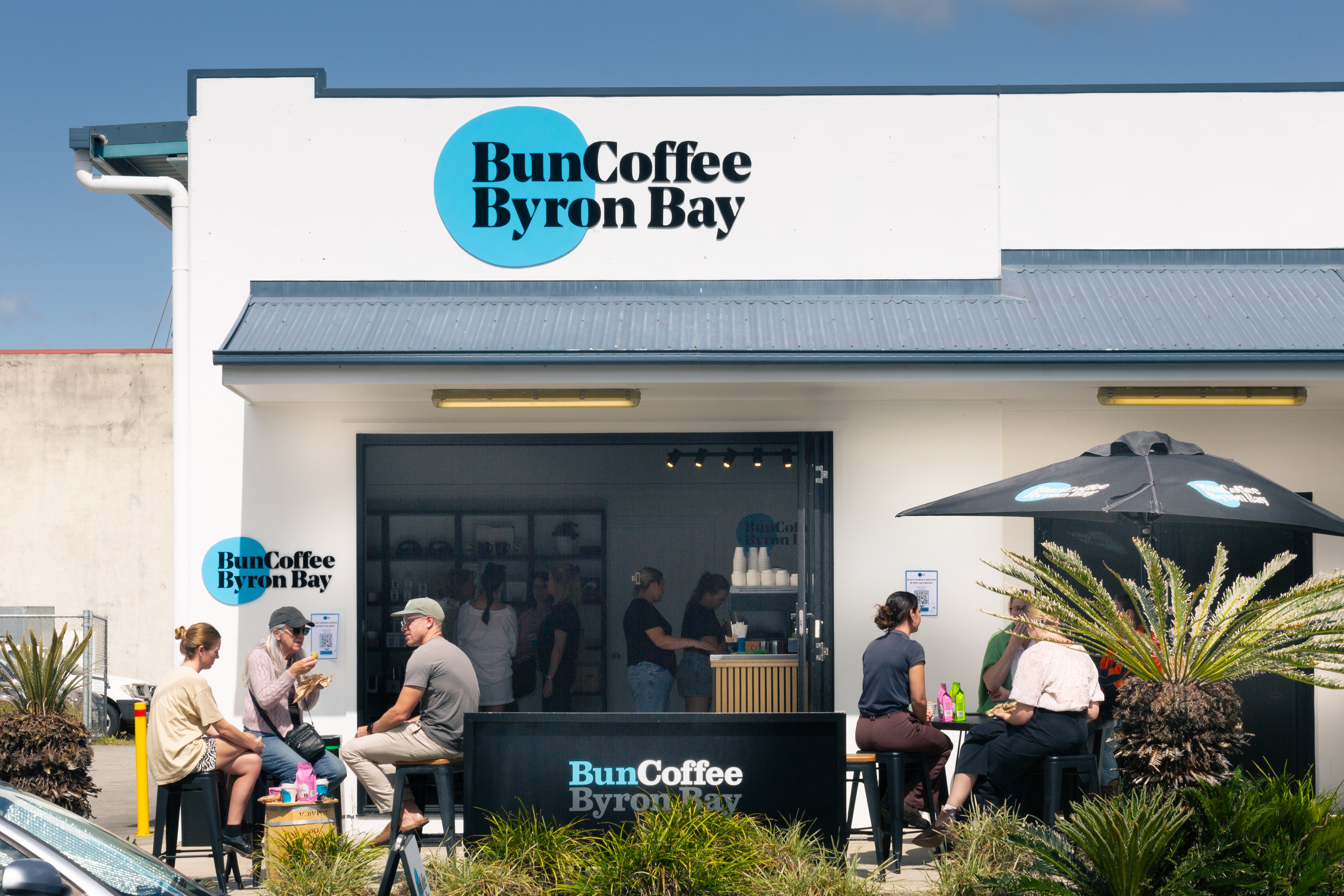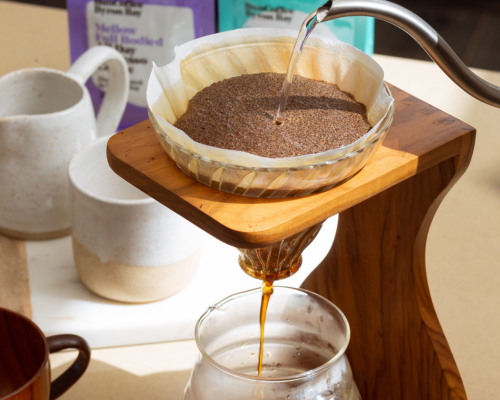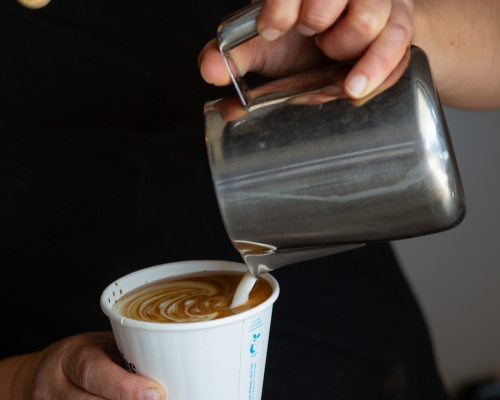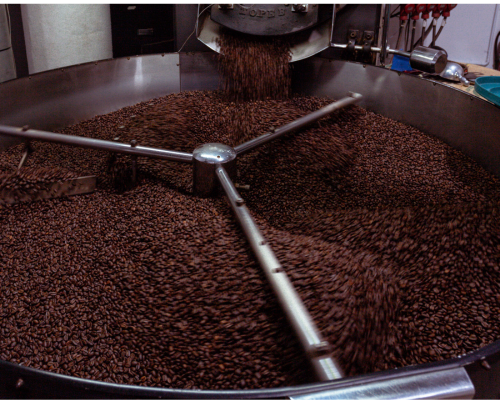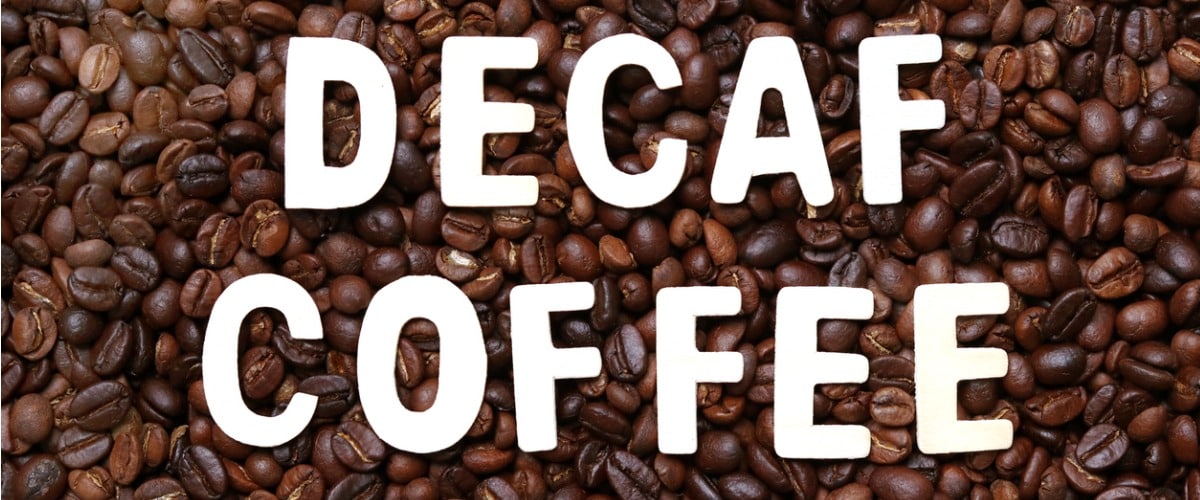Many people choose to drink decaf coffee rather than caffeinated coffee and it’s become a mainstay on the menu of most coffee shops as an alternative to regular coffee. Decaf is the perfect choice for anyone who wants to reduce their daily caffeine intake for personal or medical reasons because you get all the delicious taste of fresh organic coffee but without the effects of the caffeine.
As its name suggests, decaf is simply coffee that has its caffeine removed. However, it may surprise you to learn that decaf retains some caffeine (only 0.01%); it’s not completely caffeine free.
The amount of caffeine found in a typical cup of coffee is dependent on the type of bean and how the coffee has been prepared. Some coffees naturally have a higher level of caffeine, and a shot of espresso will contain less caffeine than a strong cup of coffee made via drip or a French Press. A typical cup of regular coffee contains approximately 95 milligrams of caffeine compared to just 1mg for decaf. So our decaf is 99.9% caffeine free.
Before we talk about thebenefits of drinking decaf , let’s look at how decaf coffee is made.
The decaffeinated coffee available here at Bun Coffee is produced using certified organic beans and the Swiss Water® Process – a method for decaffeinating coffee created in Switzerland in the 1930s. The Swiss Water® Process begins with making a GCE (Green Coffee Extract) by soaking green coffee beans in pure water to allow the soluble components contained within the beans to be released into the water. The resultant liquid is then filtered to produce the GCE. This process ensures that the coffee certifications, including organic, remain intact, something that chemical solvent coffee making processes can’t guarantee.
Before decaffeination, green beans are rehydrated to ensure optimum caffeine removal and to remove any dust, dirt or silverskin that may be present. The prepared GCE is then added to the beans and allowed to circulate for between 8 and 10 hours. During this time, the caffeine migrates out of the beans into the GCE until there is less than 0.1% caffeine remaining in the beans. The caffeine in the GCE is filtered out through a carbon filter system and the carbon is sent to a regeneration facility where the caffeine is burnt away so that the carbon can be reused.
During the decaffeination process, the GCE is constantly being refreshed. This means that it can be used time and time again without having to make a new solution each time. Once the coffee reaches the correct decaffeination levels, it’s dried, bagged and sent off to the customer.
The Swiss Water® Process is 100% chemical and solvent free. The only things used to decaffeinate our coffee are fresh water, coffee beans, time, and temperature. This means that it’s better for the environment and better for you.
You’ll also be happy to know that opting for decaf rather than regular coffee will still allow you to benefit from the powerful antioxidants found in the coffee beans. These include hydro cinnamic acids and polyphenols which are extremely effective at neutralising the reactive compounds known as free radicals. Antioxidants help to reduce oxidative damage and are thought to protect against diseases such as heart disease, cancer, and Type 2 diabetes.
Decaf coffee also contains small amounts of nutrients that are required for good health. Drink a cup of decaf and you’ll get 4.8% of your recommended daily intake of potassium, 2.5% of Vitamin B3 and 2.4% of magnesium. Times these percentages by the number of cups you drink per day, and you can see how it can all add up!
Most people who switch to decaf coffee do it for health reasons, but even if you don’t have any health problems, a good cup of decaf can help to boost your energy and mood over time as you’ll no longer feel the need for a caffeine jolt.
You don’t have to sacrifice flavour when you choose decaf coffee from Bun Coffee. We offer a great selection of naturally decaffeinated coffee which is up to 99.9% caffeine-free.
As its name suggests, decaf is simply coffee that has its caffeine removed. However, it may surprise you to learn that decaf retains some caffeine (only 0.01%); it’s not completely caffeine free.
The amount of caffeine found in a typical cup of coffee is dependent on the type of bean and how the coffee has been prepared. Some coffees naturally have a higher level of caffeine, and a shot of espresso will contain less caffeine than a strong cup of coffee made via drip or a French Press. A typical cup of regular coffee contains approximately 95 milligrams of caffeine compared to just 1mg for decaf. So our decaf is 99.9% caffeine free.
How is Our Decaffeinated Coffee Made?
Before we talk about thebenefits of drinking decaf , let’s look at how decaf coffee is made.
The decaffeinated coffee available here at Bun Coffee is produced using certified organic beans and the Swiss Water® Process – a method for decaffeinating coffee created in Switzerland in the 1930s. The Swiss Water® Process begins with making a GCE (Green Coffee Extract) by soaking green coffee beans in pure water to allow the soluble components contained within the beans to be released into the water. The resultant liquid is then filtered to produce the GCE. This process ensures that the coffee certifications, including organic, remain intact, something that chemical solvent coffee making processes can’t guarantee.
Before decaffeination, green beans are rehydrated to ensure optimum caffeine removal and to remove any dust, dirt or silverskin that may be present. The prepared GCE is then added to the beans and allowed to circulate for between 8 and 10 hours. During this time, the caffeine migrates out of the beans into the GCE until there is less than 0.1% caffeine remaining in the beans. The caffeine in the GCE is filtered out through a carbon filter system and the carbon is sent to a regeneration facility where the caffeine is burnt away so that the carbon can be reused.
During the decaffeination process, the GCE is constantly being refreshed. This means that it can be used time and time again without having to make a new solution each time. Once the coffee reaches the correct decaffeination levels, it’s dried, bagged and sent off to the customer.
The Benefits of Drinking Decaf Produced by the Swiss Water ®Process
The Swiss Water® Process is 100% chemical and solvent free. The only things used to decaffeinate our coffee are fresh water, coffee beans, time, and temperature. This means that it’s better for the environment and better for you.
You’ll also be happy to know that opting for decaf rather than regular coffee will still allow you to benefit from the powerful antioxidants found in the coffee beans. These include hydro cinnamic acids and polyphenols which are extremely effective at neutralising the reactive compounds known as free radicals. Antioxidants help to reduce oxidative damage and are thought to protect against diseases such as heart disease, cancer, and Type 2 diabetes.
Decaf coffee also contains small amounts of nutrients that are required for good health. Drink a cup of decaf and you’ll get 4.8% of your recommended daily intake of potassium, 2.5% of Vitamin B3 and 2.4% of magnesium. Times these percentages by the number of cups you drink per day, and you can see how it can all add up!
Switching to Decaf? Try the Decaf Coffee from Bun Coffee
Most people who switch to decaf coffee do it for health reasons, but even if you don’t have any health problems, a good cup of decaf can help to boost your energy and mood over time as you’ll no longer feel the need for a caffeine jolt.
You don’t have to sacrifice flavour when you choose decaf coffee from Bun Coffee. We offer a great selection of naturally decaffeinated coffee which is up to 99.9% caffeine-free.


